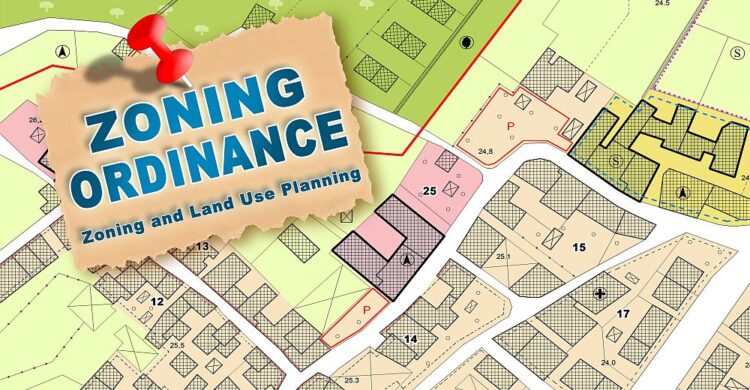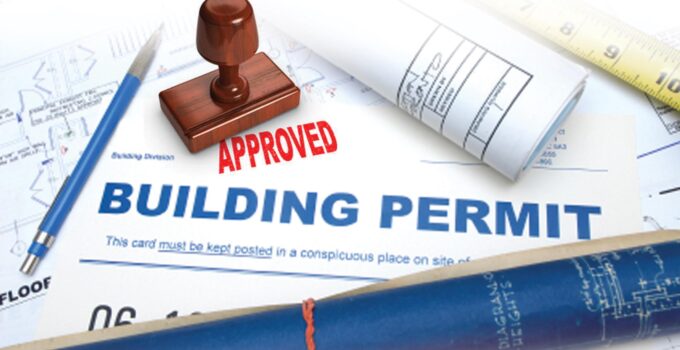If you’re in the market for a warehouse, there are a few things you need to know about zoning and permitting. These regulations can be complex and difficult to navigate, but they are crucial to ensuring that your warehouse is legally compliant and safe for use. Here are some tips to help you navigate zoning and permitting as a warehouse buyer or lessee.
Page Contents
Understand the Zoning Regulations

Source: insideselfstorage.com
Zoning regulations are put in place by local governments to regulate the use of land and buildings within their jurisdiction. Before you begin your search for a warehouse, it’s important to understand the zoning regulations in your area. Some areas may be zoned exclusively for industrial or commercial use, while others may allow for mixed-use development.
It’s important to note that zoning regulations can change over time, so even if a warehouse is currently zoned for industrial use, that could change in the future. It’s a good idea to work with a real estate agent or attorney who is familiar with the zoning regulations in your area to ensure that you’re making a wise investment.
Know the Permitting Requirements

Source: schererconstruction.com
Once you’ve found a warehouse that meets your needs and is zoned for industrial or commercial use, you’ll need to obtain the necessary permits to use the space. Permitting requirements vary depending on your location and the intended use of the warehouse.
Some common permits you may need to obtain include building permits, electrical permits, plumbing permits, and fire safety permits. The permitting process can be lengthy and time-consuming, so it’s important to plan ahead and factor in the time it will take to obtain the necessary permits when you’re considering a warehouse for lease.
Work with Experienced Professionals
Navigating zoning and permitting regulations can be complex, so it’s important to work with experienced professionals who can guide you through the process. A real estate attorney or broker who is familiar with zoning regulations in your area can help you identify potential zoning issues and navigate the permitting process.
You may also want to work with an architect or engineer who can help you understand the building requirements for your intended use of the warehouse. These professionals can help ensure that your warehouse is up to code and meets all necessary safety requirements.
Consider Environmental Regulations

Source: ventlogistics.co.uk
In addition to zoning and permitting regulations, you’ll also need to consider any environmental regulations that may apply to your warehouse. Depending on the intended use of the warehouse, you may need to obtain permits related to air quality, water quality, or hazardous waste disposal.
It’s important to work with a professional who is familiar with environmental regulations in your area to ensure that you’re meeting all necessary requirements. Failing to comply with environmental regulations can result in fines and legal liability, so it’s crucial to ensure that your warehouse is in compliance.
Conclusion
In conclusion, navigating zoning and permitting regulations can be complex, but it’s crucial to ensure that your warehouse is legally compliant and safe for use. By understanding the zoning regulations, knowing the permitting requirements, working with experienced professionals, and considering environmental regulations, you can successfully navigate this process and find the perfect warehouse for your needs.





